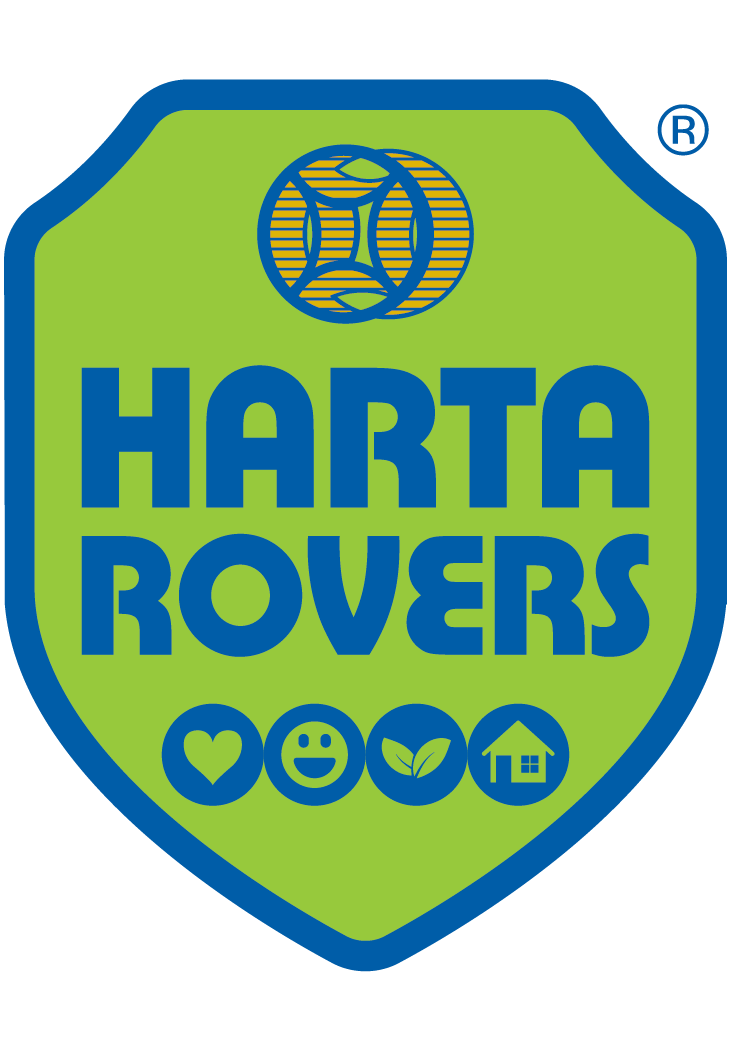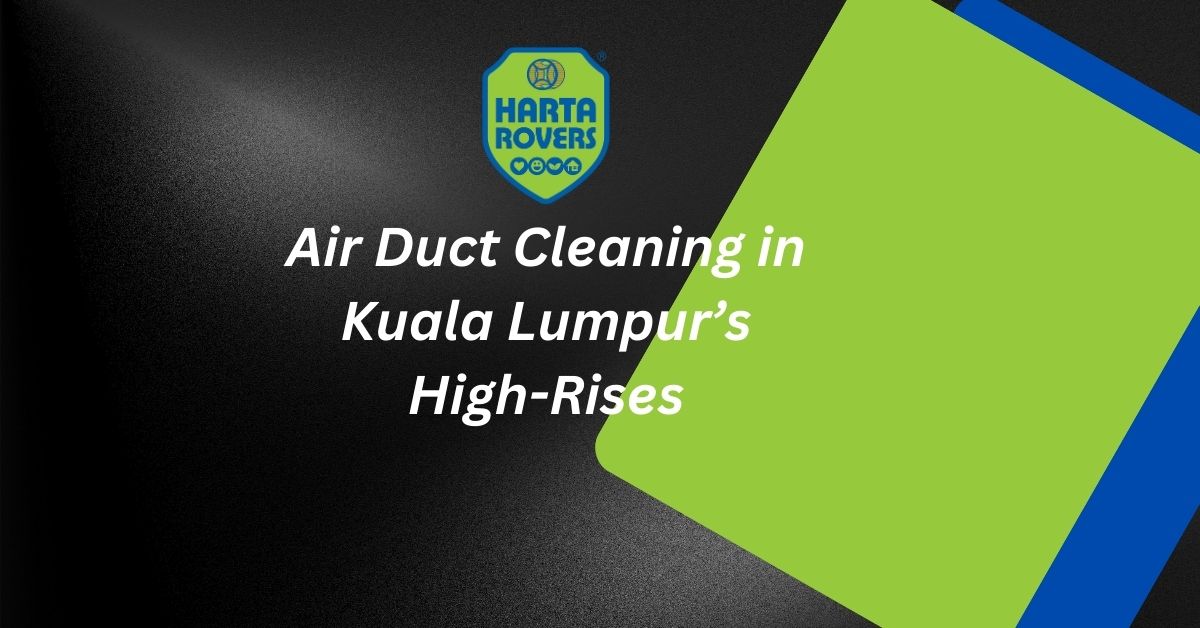Kuala Lumpur’s vibrant food culture comes with a less appetizing side effect – stubborn kitchen grease that accumulates faster than anywhere else. The unique combination of humid tropical air and oil-rich Malaysian cooking creates a cleaning challenge that goes far beyond typical kitchen maintenance. Walk into any longtime KL home or mamak stall, and you’ll find that distinctive yellowish buildup on walls, cabinets, and exhaust hoods – the telltale sign of years of nasi lemak, char kway teow, and curry preparation.
This isn’t ordinary grease. The high humidity causes cooking oils to oxidize and polymerize, essentially turning into a thin plastic-like coating that resists normal cleaning. Many homeowners make the mistake of using harsh chemical cleaners that simply smear the grease around or damage paint. The professional approach involves enzymatic degreasers that actually break down the molecular structure of the buildup. In older kopitiam kitchens where grease has accumulated for decades, we often need to use specialized scraping tools before the degreasing process can begin.
The most problematic areas are always above the stove and around exhaust fans. In KL’s open-concept apartments where kitchens blend with living spaces, grease can migrate surprisingly far – we’ve found significant buildup on living room walls as far as six meters from cooking areas. Regular maintenance is crucial; waiting until the grease becomes visible means the cleaning job becomes exponentially more difficult.
Local hardware stores in areas like Jalan Pasar and Jalan Loke Yew stock industrial-strength degreasers that work wonders, though they’re often overlooked by homeowners. For severe cases, professional steam cleaning at high temperatures can liquefy years of buildup for effective removal. The key is understanding that KL’s kitchen grease requires different solutions than those used in temperate climates – our year-round humidity and particular cooking styles create a unique challenge that demands specialized local knowledge and techniques.



